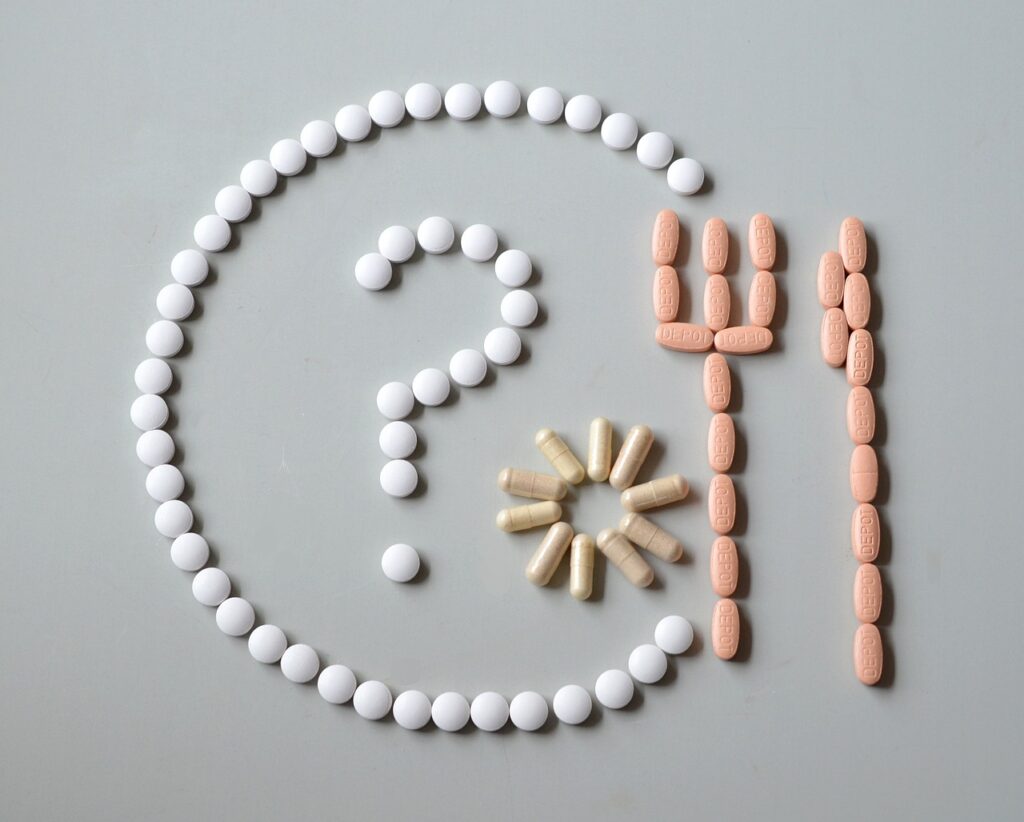What can a woman take for energy?
When it comes to boosting energy levels, there are a variety of options that women can consider. Here are some possible solutions:
- Stay hydrated: One of the simplest ways to boost energy is to drink enough water throughout the day. Dehydration can lead to fatigue, so make sure to drink at least 8-10 cups of water per day.
- Eat a balanced diet: Eating a balanced diet that includes a variety of fruits, vegetables, whole grains, lean proteins, and healthy fats can provide the body with the nutrients it needs to function optimally. This can help to prevent energy dips throughout the day.
- Consider supplements: Some women may benefit from taking supplements to boost energy levels. For example, iron supplements can be beneficial for women who are anaemic, while B vitamins can help to support energy metabolism.
- Exercise regularly: Exercise can help to boost energy levels by improving circulation and oxygenation throughout the body. Even a 30-minute brisk walk can help to increase energy levels and reduce feelings of fatigue.
- Get enough sleep: Adequate sleep is essential for maintaining energy levels. Aim for 7-9 hours of sleep per night to ensure that your body has enough time to rest and recover.
- Manage stress: Chronic stress can lead to fatigue and burnout. To manage stress, consider incorporating relaxation techniques such as meditation, yoga, or deep breathing into your daily routine.
Remember, everyone's body is different, so it's important to experiment with different strategies to find what works best for you. If you're experiencing persistent fatigue despite making lifestyle changes, it's always a good idea to consult with a healthcare professional to rule out any underlying medical conditions.
Supplements
What is the definition of a dietary supplement?
Dietary supplements are intended to complement or add to the diet.
Google verb and synonym of supplement definition:
VERB
Supplement (verb); supplements (third person present); supplemented (Past tense);
Supplemented (past participle); supplementing (the present participle) add an extra element or amount to: "I looked for a part-time job to supplement my income"
Supplement Synonyms: augment, increase, add to, boost, swell, amplify, enlarge, complement, round off, complete, widen, broaden, expand, top up, make larger/bigger/greater
What are supplements good for?
Supplements can be beneficial for women's health in various ways, as they can help to fill nutrient gaps in the diet and support overall well-being. Some of the important supplements for women's health include:
- Calcium: Helps maintain strong bones, teeth, and muscle function.
- Vitamin D: Helps the body absorb and use calcium, supports immune function, and may reduce the risk of chronic diseases.
- Iron: Helps transport oxygen in the blood and prevent anaemia, which can cause fatigue and weak immunity.
- Folic acid: Important for women of childbearing age, as it can help prevent birth defects in the brain and spine of an unborn baby.
- Omega-3 fatty acids: May reduce the risk of heart disease, support brain function, and reduce inflammation.
Before taking any supplements, it is important to consult with a healthcare provider to determine what supplements are right for you, as some supplements may interact with medications or have side effects.
What is the very best supplement to take?
Women have unique nutritional needs that are often different from men. As a result, there are several supplements that may be beneficial for women. However, it is always recommended to consult with a healthcare professional before starting any new supplement regimen. Some supplements that may be beneficial for women include:
Vitamin D supplements: Vitamin D helps the body absorb calcium and phosphorus and is essential for maintaining bone health, which is important for all women as they age. It has also been shown to reduce the risk of certain cancers and cardiovascular diseases.
Calcium supplements: Calcium plays an important role in maintaining strong bones and teeth. It is especially important for women who are over 50 years old since they are more likely to experience osteoporosis (bone loss). Calcium also helps with muscle contraction, blood clotting, and nerve function.
Omega-3 fatty acids: Omega-3 fatty acids decrease inflammation, help lower cholesterol levels, reduce heart diseases risk factors such as blood pressure and triglycerides, improve cognitive function and boost moods by increasing serotonin production in the brain.
Folic acid/folic acid derivatives: Folic acid is a B vitamin that can help prevent neural tube defects such as spina bifida in unborn babies.
Resources
Immune health: detoxification and cleansing to support a healthy immune system:
Holland and Barrett Vitamins and Supplements
Holland and Barrett Women's Health
https://refiyeboztepe.com/understanding-anxiety-and-depression/
https://refiyeboztepe.com/reduce-anxiety-immediately/
https://refiyeboztepe.com/7-ways-to-manage-anxiety/
https://refiyeboztepe.com/self-care-matters/
https://refiyeboztepe.com/rare-diseases-awareness/
Sources
https://www.womenshealth.gov/healthy-eating/how-eat-health/vitamins-and-minerals-women
https://www.healthline.com/nutrition/iron-supplements-for-women
https://www.healthline.com/nutrition/folic-acid-benefits
https://www.healthline.com/nutrition/17-health-benefits-of-omega-3

